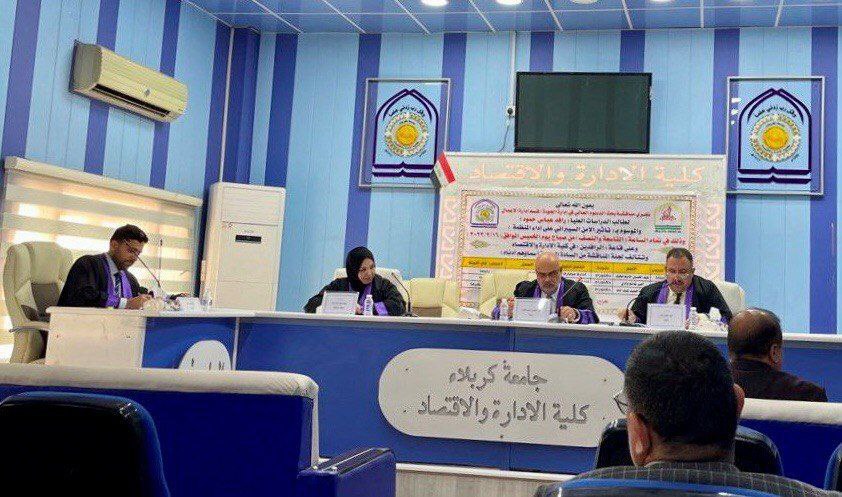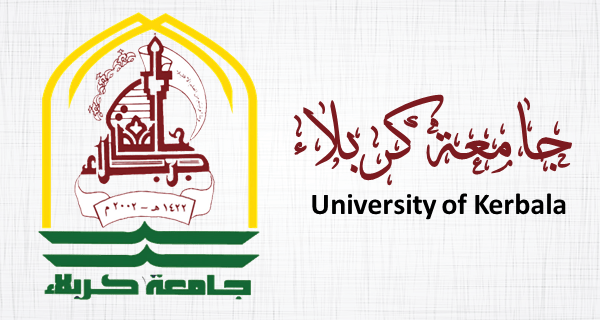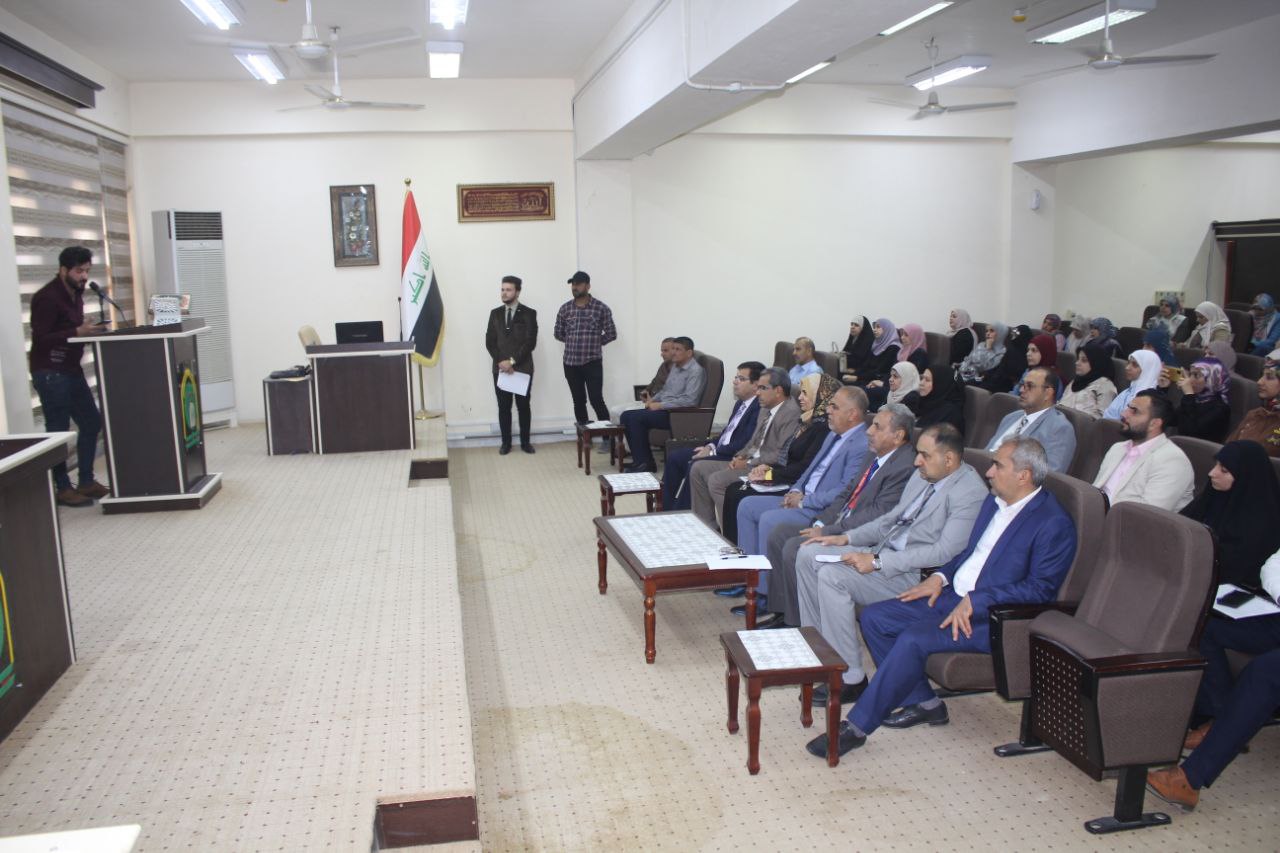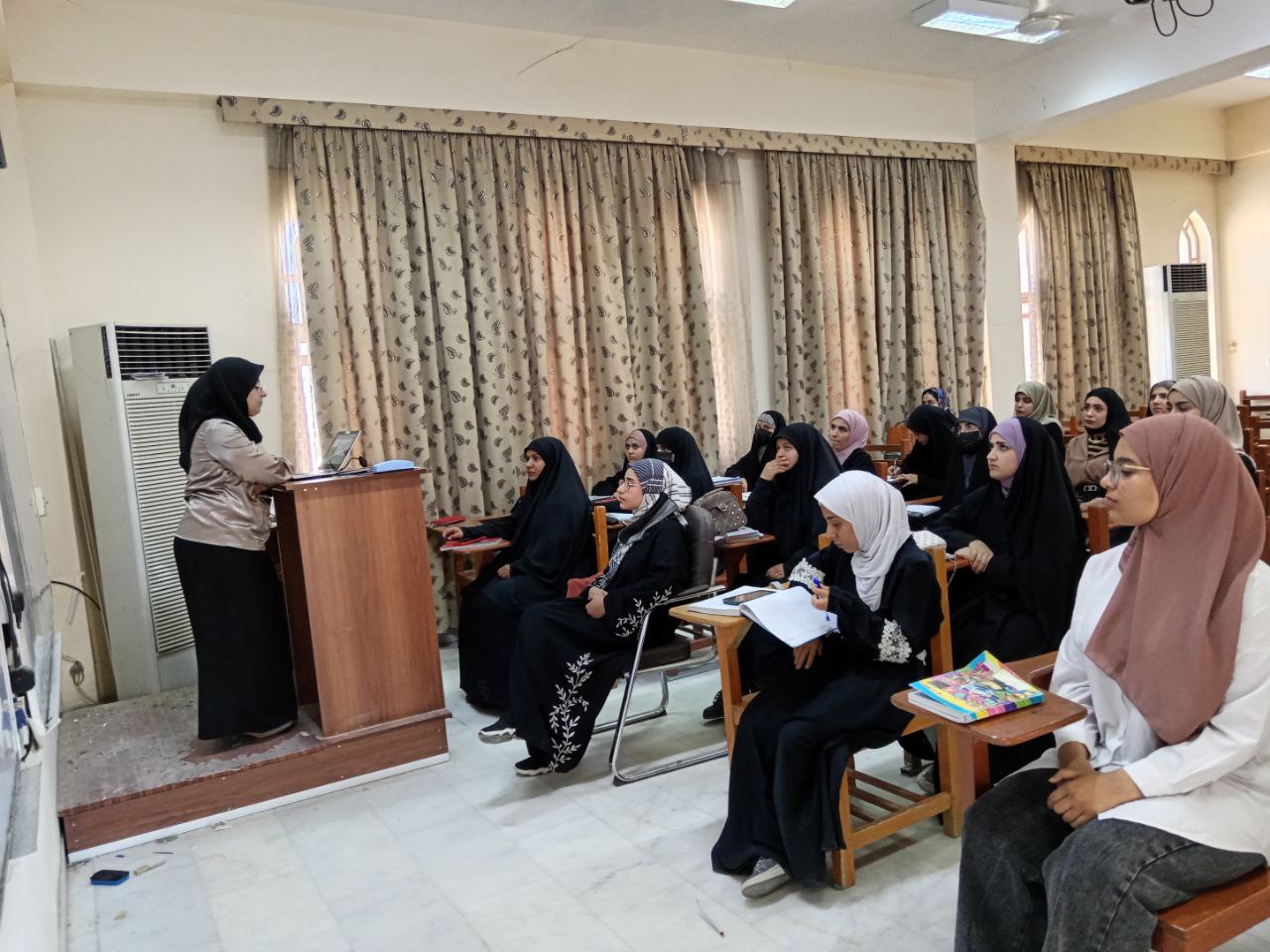A Study at University of Kerbala Discussing the Impact of Cybersecurity on Organization Performance
Faculty of Administration and Economics / University of Kerbala has discussed "the impact of cybersecurity on performance of organization", while recommending a number of measures to be taken to improve…































































